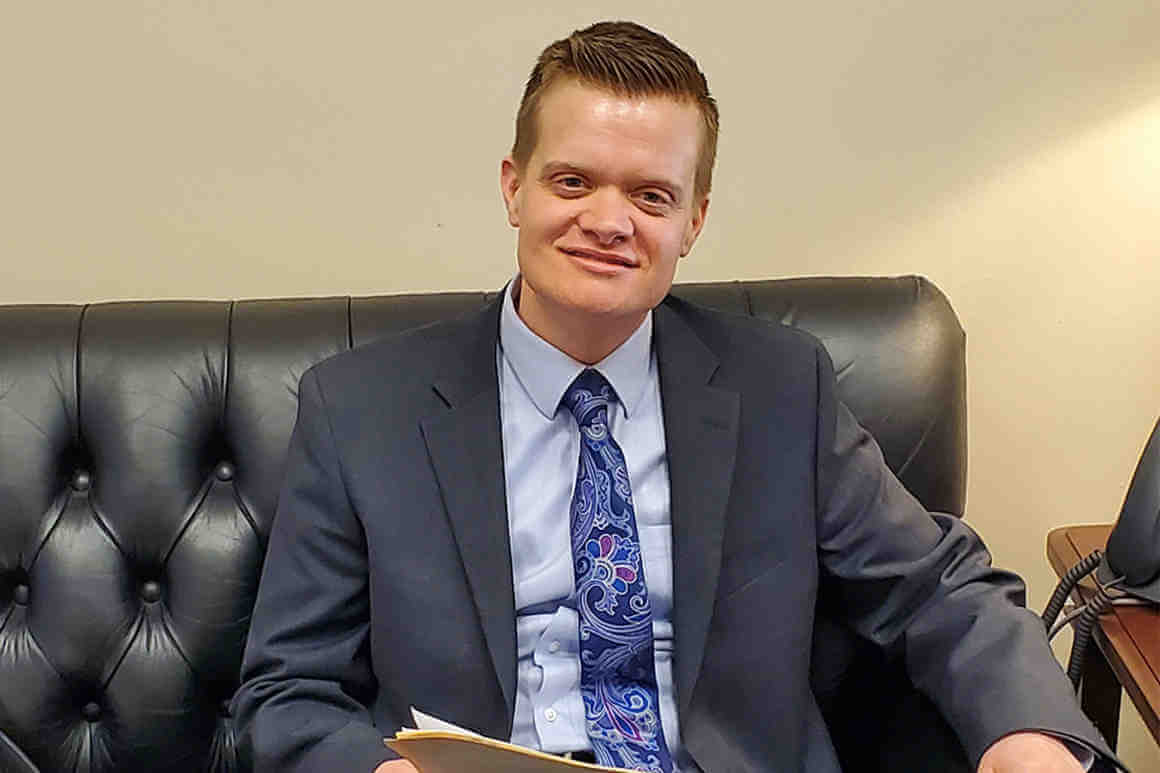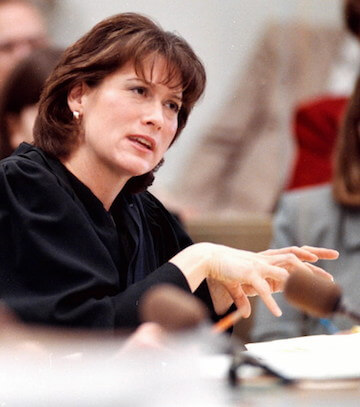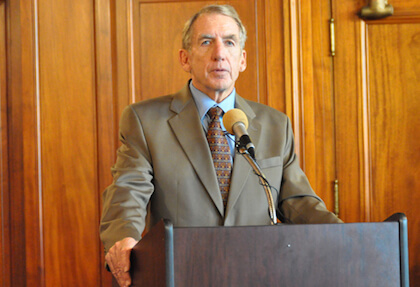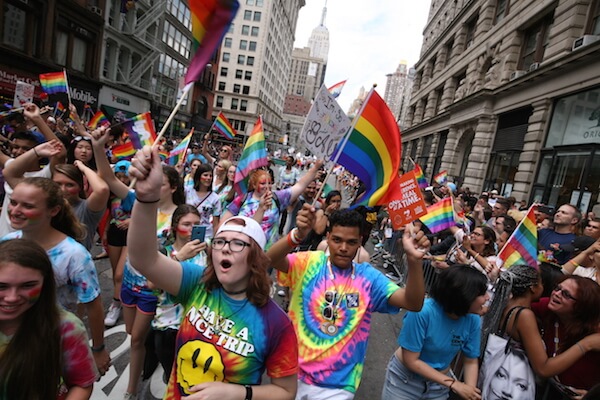Supreme Court Justices Clarence Thomas, Samuel Alito, and Neil Gorsuch are eager to have the court expand the Free Exercise Clause by recognizing a general right for religious objectors to refuse to comply with laws that “burden” their religious beliefs, but evidently were not able to convince any of their conservative colleagues to cast the fourth vote necessary to grant review of a California state court ruling that a transgender man can sue a Catholic hospital for discrimination because it cancelled his hysterectomy. The Court’s denial of review was announced on November 1.
Evan Minton’s doctor had scheduled the hysterectomy to be performed at Mercy San Juan Medical Center on August 30, 2016, as part of Minton’s gender transition. Mercy San Juan is one of many hospitals owned by Dignity Health. When the hospital learned that the procedure was for purposes of gender transition, it cancelled the procedure, informing the doctor that she would “never” be allowed to perform a hysterectomy on Minton at Mercy because “it was scheduled as part of a course of treatment for gender dysphoria, as opposed to any other medical diagnosis,” and this violated Catholic principles. The doctor could perform hysterectomies on cisgender women for such conditions as “chronic pelvic pain and uterine fibroids,” however, which the hospital recognized as medical conditions requiring treatment.
According to the September 2019 opinion for the California First District Court of Appeal by Justice Stuart R. Pollak, the cancellation caused Minton “great anxiety and grief.” Minton’s discrimination complaint against the hospital explained that the timing of the operation was particularly sensitive because it needed to be completed three months before his phalloplasty, which was scheduled for November 23. The hospital’s president suggested to the doctor that she could get emergency admitting privileges at Methodist Hospital, another hospital owned by Dignity Health, and ultimately the procedure was performed there on September 2.
Nonetheless, Minton sued Dignity Health, claiming a violation of California’s Unruh Civil Rights Act, which forbids public accommodations to discriminate because of a person’s gender identity. Dignity claimed a First Amendment right to not have gender transition procedures performed at Mercy San Juan, arguing that by letting the procedure be done at Methodist, it had fulfilled any obligation under the law to provide “full and equal access” to medical procedures without regard to gender, as required by the law. The trial judge granted Dignity Health’s motion to dismiss the complaint, claiming that the three-day delay caused by the need to reschedule at a different hospital owned by Dignity Health was not unlawful, even if, as Minton alleged, it was motivated by his gender identity.
Reversing the trial judge, the Court of Appeals held that the Unruh Act applied to Minton’s intentional discrimination claim against Dignity Health, and rejected Dignity Health’s argument that even if the court ultimately found that the hospital’s denial of care at Mercy San Juan was motivated by his gender identity, his claim would be barred under the religious freedom and freedom of expression guarantees in the California and US Constitutions. Furthermore, it held that California’s compelling interest in providing non-discriminatory access to medical treatment would prevail over the hospital’s state constitutional freedom argument.
Turning to Dignity Health’s federal constitution claim, the court quoted from the US Supreme Court’s Masterpiece Cakeshop ruling, which stated: “While religious and philosophical objections are protected [by the First Amendment], it is a general rule that such objections do not allow business owners and other actors in the economy and in society to deny protected persons equal access to goods and services under a neutral and generally applicable public accommodations law.” This quote was based on the Supreme Court’s 1990 decision in Employment Division v. Smith, which had reversed earlier Supreme Court precedents holding to the contrary.
The California Supreme Court denied Dignity Health’s petition to review this ruling on March 17, 2020.
Overruling Employment Division v. Smith is a major goal of the conservative religious enthusiasts on the Supreme Court and the conservative legal community generally. In last spring’s Fulton v. City of Philadelphia decision, they argued that the court should have used that case to overrule Smith, but they were unable to persuade Justices Amy Coney Barrett and Brett Kavanaugh, their likely allies on the issue, to do so. Dignity Health’s Supreme Court petition was filed by attorneys from Consovoy McCarthy PLLC, a firm that specializes in advancing religious freedom claims in the federal appeals courts, joined by the politically connected Los Angeles firm Manatt, Phelps & Phillips LLP.
Dignity Health’s petition to the Supreme Court asked the court to answer the question of whether the Free Exercise Clause would “bar a state-law claim that seeks to compel a religiously-affiliated hospital to allow medical procedures that violate its longstanding, deeply held religious beliefs,” and whether the First Amendment’s free expression and free association guarantees would “bar a state-law claim that seeks to compel a religiously-affiliated hospital to allow — and thereby endorse and be associated with — medical procedures that violate its longstanding, deeply held religious beliefs?”
Although they did not file a dissenting opinion, Justices Thomas, Alito and Kavanaugh had the Court’s clerk indicate on the November 1 Order List that they would have granted the petition for review in this case.



































